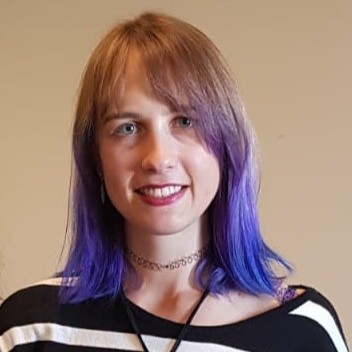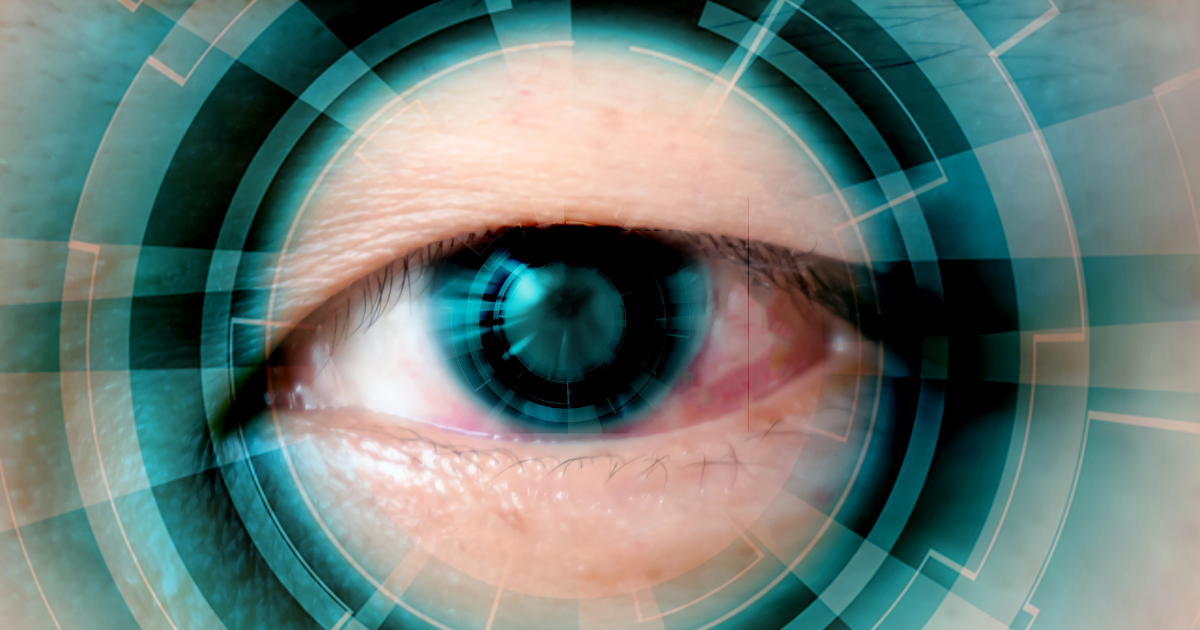
VERONIKA MAREK
Current position: Biophotonics Scientist at L'Oréal Paris, France
Education: PhD degree for a thesis in Photobiology & Ophtalmology with Essilor, France; Master's degree in Biomedical Engineering & Bioimaging, Télécom ParisTech, France; Engineering degree in Intarface Biology, École Polytechnique, France; Bachelor's degree in Physics and Mathematics (Quantum optics), Russia
Discover inspiring career paths from women in engineering! From optics to cosmetics, Veronika delivers her professional journey and advice.
Can you tell us about your educational background?
I am from Russia, so I started my studies there, at the Faculty of Physics of Saint-Petersburg University, where I pursued my Bachelor’s degree in Optics. I didn’t really know yet what to make of it afterwards but for sure I needed a change in life, so why not continue my training abroad. Hence I passed Ecole Polytechnique’s entrance exam and got accepted. It felt like a good start because it’s a general engineering degree that may open many doors.
At first, I thought I would keep studying physics but I got a glimpse of some biology classes and really enjoyed it. However, I didn’t want to study just biology, I wanted it to be somehow mixed with physics. Therefore, I chose the Interface Biology program for my third year and signed up for a Master’s program in Biomedical Engineering and Bioimaging (organized by Telecom ParisTech and Paris Descartes) for my forth year. It’s meant to learn how to use physics (in particular, optics) to understand the functioning of cells and organisms (microscopy, nuclear magnetic resonance, medical imaging, etc).
What brought you at Essilor, an international ophthalmic optics company, after your studies?
While doing my Master’s degree, I was looking for an end-of-studies internship and an Essilor’s representative came once to talk about the impact of blue light on the retina during a lecture series hosted by my university. The topic was really appealing to me so after the lecture, I went down the stairs and asked him if they were recruiting interns. It turns out that they didn’t plan to but at the end of our discussion, he invited me to come for an interview and later offered me an internship to investigate the spectral characteristics of photosensitivity in dry eye patients. And so I started my internship for Essilor, working also at the Quinze-Vingts Ophthalmologic Hospital. The subject wasn’t directly linked to my Master’s program so I learned by doing.
The whole internship was very instructive but short: the months went by and the results were interesting but not that significant. Maybe it was worth digging deeper and conducting not only clinical research but also corresponding experiments in vitro and in vivo. Thus, I pursued my work at Essilor and started a PhD with them, in collaboration with the Vision Institute and the Quinze-Vingts Hospital. To be more accurate, I made a CIFRE thesis which means that I was paid by my company aka Essilor.
How did networking help you figure out your career path?
My thesis lasted 3 years which is relatively short in biology, I was lucky. The last year raised a lot of questions for me on what to do next. I was a bit tired of biology and wasn’t eager to continue research work. I wanted to work in the industry and get back to physics while still keeping an interface with biology. I did consider several options: consulting, pharmacy, medical devices… Then I decided to discuss with as many people as possible, from varied fields and specializations to understand their work. I talked with engineers, post-doctoral researchers, consultants… I contacted most of them through Ecole Polytechnique’s alumni network. It gave me the opportunity to understand what they were doing, to discover new professions and clearly identify what interested me for a career and what did not.
Whatever your degree, no door is ever completely shut: with a solid educational background, you can always learn on the job. However, you will have to create the opportunities. I personally don’t think that sending a spontaneous application is enough. I took the time to go find people, discuss with them and give them my CV if there was an interest from both sides. I am very thankful to the AX (Polytechnique’s alumni association) for giving us the occasion to meet many peers and experts through workshops and career sessions they organized. I learned a lot, it was definitely a huge boost.
Then I found someone whose profile was very interesting for me: his thesis at Ecole Polytechnique was on theoretical physics, he then worked for Peugeot and at that time he was working at L’Oréal. This is pretty unconventional! I sent him a message and he kindly took the time to answer all my questions and invited me to visit L’Oréal to see by myself what his job consisted in. Later on, we got in touch again and he informed me that his division was willing to focus on skincare which required optical skills combined to biology knowledge. We had several discussions around it and over time, he offered me a job! The need of specific competencies in the team combined to the interest I showed in working at L’Oréal convinced them to create a position for me. I was really happy, especially as their corporate values such as beauty for all and entrepreneurship really speak to me.

What are your responsibilities at L’Oréal?
As a Biophotonics Scientist, I work on digital skin diagnostic with the aim of linking the results with the right personalized L’Oréal products — existing or tailor-made. Concretely, by means of optics, we take various measurements , analyze the acquired data to identify the main concerns of your skin and then recommend you the products that best fit your needs and skin specificities. I work in the Research&Innovation, in Augmented Beauty – Devices & Algorithms department. I personally work on skincare but the team also deals with make-up and hair and what we develop is targeted for end-consumers. For example, let’s say that you come in a hair salon and tell the hairdresser: “here’s my hair color and here’s the new color I want.” Our tools and devices will help analyze your exact original hair color to determine what to apply to match the desired color perfectly. It’s the same for make-up: what foundation perfectly matches with your skin tone?
To give you a concrete example, we recently launched a skin diagnostic photobooth with Lancôme. It scans and analyzes your skin and then provides you with a set of right products for you. What we focus on is the customization of our diagnostic and recommendations, so that everybody can find something truly personalized. I also work a bit on photobiomodulation, which relates to my thesis work: the interaction of light with the skin instead of the eyes to explore its potential cosmetic benefits instead of damages. This is more of an exploratory project.
Can you describe your work routine?
It varies over the weeks and months and depends upon the context but in a certain way I’m a project coordinator. With Lancôme for instance, we started with existing devices and improved them. That required analyzing what the devices could already do, their strengths and areas of improvement, the expectations of the brand, what was possible from a hardware and software point of view and what the end consumers would expect. You must collect data and find a common axis to define the direction to take and what you are going to develop.
And when you start from scratch, you have even more information to gather, including technological limitations, safety concerns, business stakes, market trends, etc. To make a long story short, I do a lot of technological watch to keep up with trends and innovations, analysis and conceptualisation. I try to get in touch with the brands as much as possible to understand their expectations and I carry out diverse studies on devices. At the end, some days are filled with research and experiments, others with reading and others with talking to colleagues and clients.
Do you still nurture your network actively?
There is a lot of internal networking because L’Oréal is a huge multinational company and you don’t always know who does what. Hence, it is important to build your own network and to take the time to talk and listen to people. When you’re about to start off your new position, your manager tells it right away: you have to meet 20 to 30 colleagues because you will collaborate with them one day or another. They will provide you with the information you need or put you in touch with the right person. Luckily enough, L’Oréal gives you many opportunities to meet and discuss with other teams. It’s up to you the seize that chance!
Do you feel, as a woman engineer, that you’ve had to prove yourself more than your male colleagues or have encountered some gender-related barriers?
Honestly, I’ve never felt excluded. I get that question a lot but I have to admit, so far I’ve never felt discriminated or harassed in any way. My experience is very positive and I’m glad about that, but that’s normal, isn’t it?
Do you remember some tough challenges you’ve had to overcome during your studies or work life?
Achieving a PhD was quiet challenging. Wherever you do it and whom you do it for, you are stuck on one topic for at least 3 years. You are fully accountable: if you don’t do it, no one else is going to do it for you and if you fail, you simply don’t get your PhD. Sometimes I felt bad working alone as I missed some support but I have no regrets. In my opinion, it’s a very rewarding experience because you learn to work on your own, to organize your work and your time and to take responsibilities. You can only be proud of yourself when you complete this successfully.
A last recommendation for the new generation of engineers embarking on their professional journey?
Be curious, don’t be afraid to talk to people and ask questions. Passionate people are always eager to share their experience and give advice when you have a profound interest in their career path.

